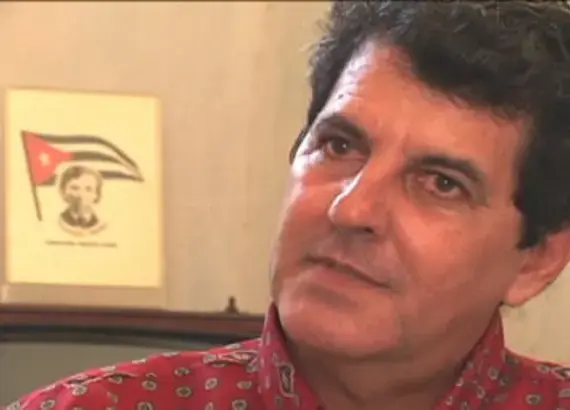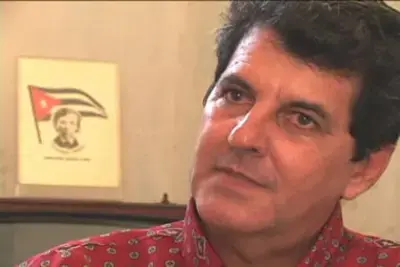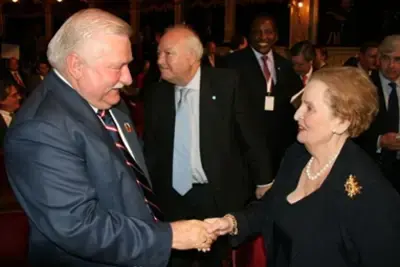
Success Story
NDI Mourns The Death of Cuban Activist Oswaldo Payá
NDI will send the Payá family a book of condolences; you can submit your wishes, thoughts, memories and stories for inclusion in the book here.
NDI mourns the tragic loss of Oswaldo Payá Sardiñas, the Cuban democracy leader who died in a car crash in the eastern province of Granma, Cuba, on July 22.
Payá was best known as the founder of the Varela Project, which called for a referendum in Cuba on open elections, freedom of speech, freedom for political prisoners and free enterprise. The project was the first initiative that mobilized tens of thousands of Cuban citizens across the island.
“Oswaldo was an inspiration to his fellow Cubans and to champions of democracy worldwide,” said NDI Chairman Madeleine K. Albright. “Despite the many pressures he and his family were subjected to, he never wavered in his conviction that Cubans had the same democratic rights as other people in Latin America and around the world.”
“With a quiet strength grounded in his faith, Payá embraced democracy at a young age,” said NDI President Kenneth Wollack. Early in his life, he was sent to a labor camp by the Cuba regime for his ideals, but he continued to advocate peacefully for political change and to engage others in that struggle.
Payá was nominated for the Nobel Peace Prize on multiple occasions, including by Czech president Václav Havel. He received the Sakharov Prize for Freedom of Thought from the European Parliament in 2002 and NDI’s W. Averell Harriman Democracy Award the same year for his fearless and steadfast pursuit of peaceful democratic change in Cuba.
Payá was unable to receive the Harriman Award in person in 2002, but Albright had the chance to present it to him in person in January 2003 after he obtained permission from Cuban authorities to travel abroad to accept the Sakharov Prize. But he was never again allowed to leave the island, although he was offered the opportunity to go into exile—which he refused.
Throughout his life, Payá spoke forthrightly about the lack of freedom in Cuba and the democratic aspirations of the Cuban people. “Democracy is for everyone. It can be born in any environment, in any culture, in any race, out of any ideology—as long as there is respect for human dignity,” he said. He believed strongly in the need to respect differences of opinion and for reconciliation in building a democratic Cuba.
The Varela Project was inspired by the efforts of democratic forces in Chile prior to the 1988 plebiscite that led to the ouster of General Augusto Pinochet. Varela draws upon a provision in the Cuban constitution that enables citizens to introduce legislative initiatives when accompanied by 10,000 signatures. Through the project’s efforts more than 25,000 signatures were submitted in 2002 and 2003 by Cuban citizens to call for basic freedoms, although the government rejected their effort.
Payá’s commitment to a better life for his fellow countrymen was very much a family affair. His wife Ofelia and their three children stood by and supported him, even at great personal risk.
NDI expresses its deepest sympathy and condolences to the family, friends and supporters of Payá as well as to the family and friends of Harold Cepero, a democratic activist of the Christian Liberation Movement (MCL), who reportedly was killed at the same time. The MCL was led by Payá.
Expressions of sympathy for the Payá family and remembrances of his life may be recorded on the NDI website here and will be forwarded to his family and supporters.
Read more:
- Read the statement in Spanish»
- Payá nominated for the 2011 Nobel Peace Prize»
- Watch the short film Dissident: Oswaldo Payá and the Varela Project»
- Payá prevented from traveling to the 20th anniversary of the Sakharov Prize»
- Payá's letter of solidarity with the prisoners of the Spring of Cuba»
- Payá wins the 2002 W. Averell Harriman Democracy Award»
- Cuba Loses a Patriot (Center for Strategic and International Studies)»
Published July 23, 2012


